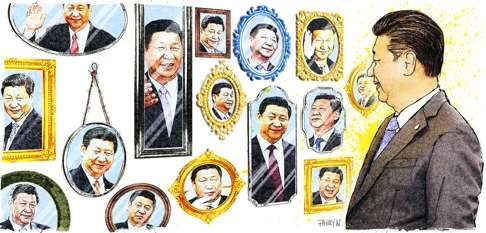
Don’t be too quick to write off China’s future based on a partial view of Xi Jinping’s leadership
Tom Plate says seeing a vast country like China through the personality and politics of one man will result only in assessments that, as many examples have shown, are often proved wrong
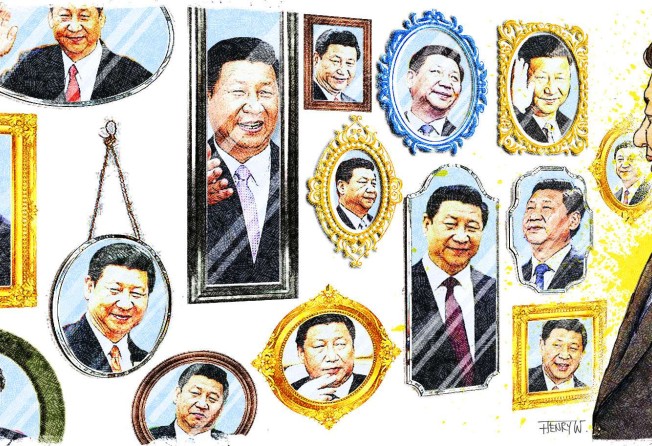

Consider North Korea. It’s still there – how can this be? On the surface, the stocky figure of Kim Jong-un, all of 33 years of age, is said to rule. But you rarely see an official shot of him without ribbon-bedecked military brass hovering nearby, almost as if babysitting. They must burn at reporting to someone so lightly grown up. Is a military coup not conceivable?
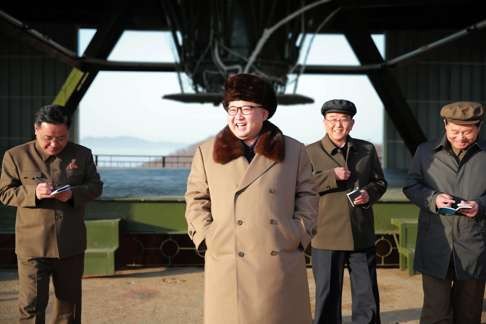
Further, consider this: we hear from an authoritative source that China is agitated with its erstwhile historical ally. Sure, there are good reasons for leaving matters with North Korea exactly as they are – geopolitical need for a buffer state, ideological fraternity, and so on. But we are also hearing that the Beijing boys are blue beyond belief with their bumptious border baby. In his 3½ years as general secretary of the Communist Party of China, in fact, Xi Jinping (習近平) has not bothered once to met Kim (in fact, Kim has not met a head of state from anywhere). China rarely shows enthusiasm for sanctions, but last month Beijing might have surprised even itself when it signed off on a tough round of UN pain for Pyongyang.
Given China’s evident falling out of love, how can North Korea possibly go on?
Recall, however, that all past predictions of political climate change have been wrong, and wrong again. In 2005, the media cheered when the six-party talks in Beijing appeared to commit Pyongyang to halt nuclear weapons development. But that, for a number of reasons, never happened. So here we are, 10 years later, with the northern Korean peninsula more nuclear-equipped than ever.
I promise I have made my last flat-out political prediction
I have certainly learned my lesson and, after joining “Predictions Anonymous” (like the original AA, the aim is for sober level-headedness in all things), I promise I have made my last flat-out political prediction. Furthermore, in the crusading spirit of all new sobriety converts, I’ll alert you if I catch sight of media vehicles edging towards the prediction cliff.
Right now I have two for you – an otherwise totally respectable pair. They involve Xi, who is being regularly “shorted”, as it were, by the Western media. We are told he is something of an emerging disaster. If he is not quite a modern Mao Zedong ( 毛澤東 ), neither is he a forward-looking Zhu Rongji ( 朱 鎔基 ), or a careful step-by-step Deng Xiaoping ( 鄧小平 ). He is cracking down on enemies, perceived or real; blocking the internet; causing giant waves on the South China Sea; and smiling over a personal power cult that reminds one of the bad old days.
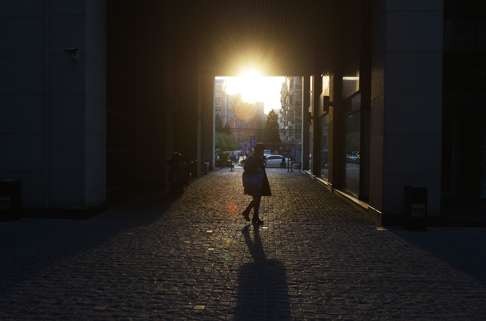
In the elite New York Review of Books, long-time China analyst Orville Schell paints a sad picture of China’s diminishing freedoms. In his Worse and Worse – The New Terror in China, the former American journalism school dean concludes: “His authoritarian style at home and belligerent posture abroad are ominous because they make China’s chances of being successful in reforming the economy – on which the entire world now depends – increasingly unlikely … Because such policies also grow out of a deeply paranoid view of the democratic world, they make it extremely difficult for China to effectively cooperate with countries like the US”.
It gets worse. From The Economist, surely the world’s most referenced English-language political weekly, you get a blunt, depressing, predictive, splashy cover story: “Beware the Cult of Xi. It asserts: “Not since the dark days after the Tiananmen Square protests in 1989 has there been such a sweeping crackdown on critics of the party … In the past 66 years of Communist rule in China, the most troubled times have usually come about when tensions break out within the elite. Mr Xi’s style of rule is only serving to stoke them.” Do we sense the suggestion of a coup brewing here?
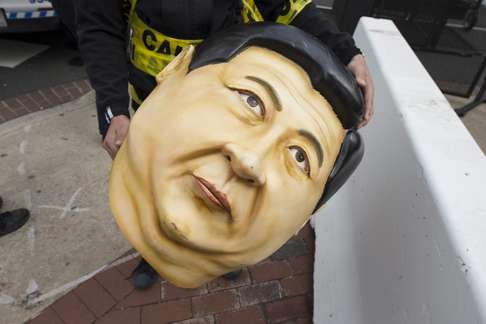
As both of these long-respected observers are too sophisticated to be simplistic, neither is prepared to brand Xi the Mao of today. Nonetheless, both view China though the personality and politics of one man, just as many of us imagine North Korea as if summed up by the young Kim.
Without more time, we won’t know for sure who Xi is and what he will mean for his China
This is history through the lens of personality. And it is absolutely the necessary crutch of the journalist, sweating out deadlines – barely finishing with one thing and immediately having to go onto the next. This is not the more pastoral remit of the historian, endowed with the leisure of as much time as is needed, whereas the journalist works with relatively little time, precisely in order to be comparatively timely.
But without more time, we won’t know for sure who Xi is and what he will mean for his China. Maybe a kind thought might surface in our rush to judgment: that a man who has made so many enemies because of his anti-corruption campaign might be trying hard and sincerely to clean up China. This involves great personal risk (Xi travels with a larger security force than the US president), but countless millions of honest, non-wealthy Chinese are cheering him on. For them, Xi is the hope – maybe their only hope.
So, along with them, I am hoping for the best. But I am predicting nothing. Nothing at all – no more. About the future, you see, predictions are tough. Hope is easier.
Columnist and professor Tom Plate is the author of the Giants of Asia series and is starting work on a book on Xi Jinping